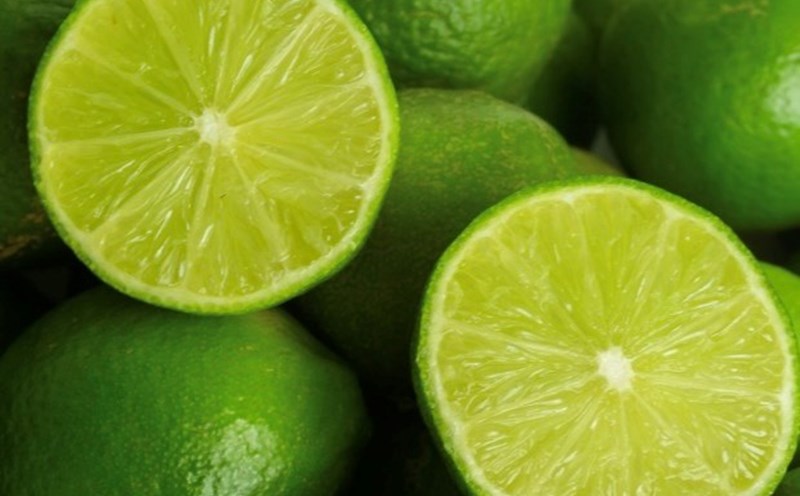One of the popular, easy-to-use fruits that has been scientifically proven to have the ability to naturally detoxify the liver is watermelon.
Watermelon contains more than 90% of water, helping to maintain hydration for the body - an important factor in supporting effective liver function.
According to the World Health Organization (WHO), maintaining adequate water intake every day helps enhance the blood filtration function of the liver and kidneys, thereby promoting the removal of waste and toxins.
Nutrients magazine published research showing that a diet rich in foods with high water content (such as watermelon, cucumber) helps reduce the metabolic burden on the liver, especially in people at risk of fatty liver.
Watermelon is rich in lycopene - a powerful antioxidant, which helps reduce oxidative stress - the leading cause of liver cell damage and chronic hepatitis.
People who consumed lycopene-rich foods, especially watermelon and tomatoes, had an average reduction of 18% in liver enzymes ALT and AST after 12 weeks compared to the control group.
Lycopene also helps inhibit liver fibrosis - the early stage of liver fibrosis - by reducing the manifestation of inflammatory cytokines such as TNF-α and IL-1.
Watermelon contains a rare amino acid called L-citrulline, which has the ability to dilate blood vessels and increase blood circulation to the liver, thereby supporting the process of filtering and detoxifying more effectively.
L-citrulline also helps reduce oxidative stress in the liver and regulate liver enzyme activity.
L-citrulline also has a mild diuretic effect, supporting the excretion of urene, uric acid and metabolites through the urinary tract - playing an important role in liver function.
How to eat watermelon to maximize the effectiveness of liver detoxification?
Although watermelon brings many benefits, the way it is used also plays an important role. Here are some notes to help optimize the ability to purify the liver from watermelon:
Best Time to Eat: Morning or mid-afternoon when your stomach is not too full to avoid affecting digestion.
Recommended amount: About 200-300g/day, equivalent to 1-2 large pieces. Avoid eating too much at one time because watermelon has a high glycemic index (GI).
Smart use: You can squeeze the juice, combined with a few mint leaves or a little ginger to increase thermogenesis and aid digestion.
Avoid eating with foods rich in protein (such as grilled meat, seafood) at the same meal because it can easily cause bloating and overload the liver when processing protein and sugar at the same time.











